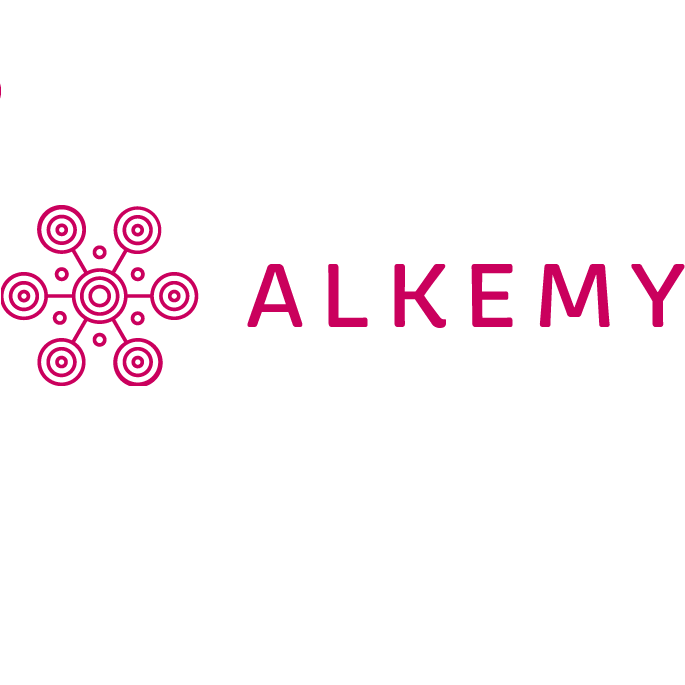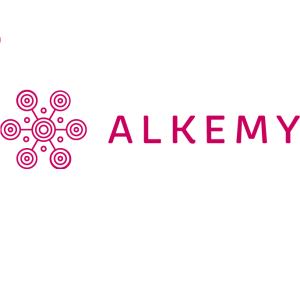The chemical industry is fundamental to net-zero. We provide the advanced materials used in the technologies that society is looking to deploy to reach our climate targets. Everything from wind turbine blades to insulation to lightweight materials all rely on chemical innovation and engineering. Wherever you look in the economy, chemical products are helping to decarbonise the way we live.
Here in the UK, the Government is aiming to establish at least four low carbon industrial clusters by 2030 and at least one net-zero cluster by 2040. Achieving this target would make a significant dent in the 19% of UK emissions that are accounted for by business, and success is dependent on chemistry1. Hydrogen, as an energy vector for heat and power, will play a major role in the decarbonisation of the type of high heat manufacturing found in the UK’s industrial clusters. But hydrogen is not typically found in large quantities in nature, so it must be manufactured, and the chemical sector is finding innovative ways to do this using a variety of materials (including waste!) and processes, like auto thermal reforming, electrolysis, fermentation, pressurised water absorption and pyrolysis.
Alkemy Capital Investments plc (LON:ALK, FRA: JV2) is focussed on developing projects in the energy transition metals sector. Alkemy’s wholly-owned subsidiary Tees Valley Lithium (TVL) is developing a state of the art lithium hydroxide plant at Teesside, UK. TVL is Europe’s largest independent and sustainable lithium hydroxide producer.


